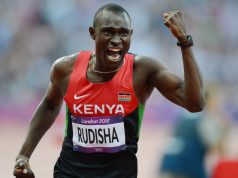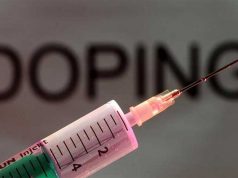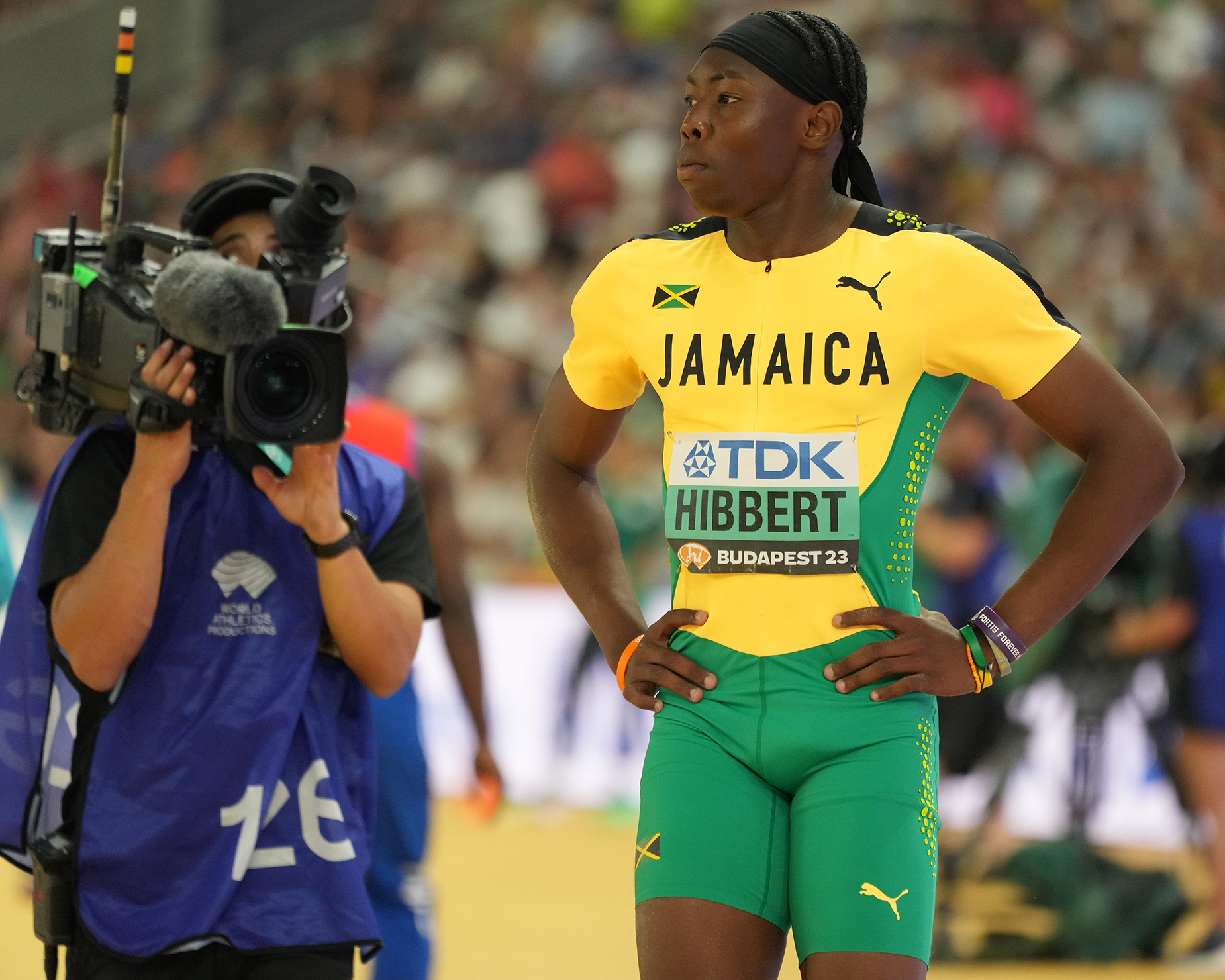The World Anti-Doping Agency (WADA) acknowledges the International Olympic Committee (IOC)’s announcement today that “reanalysis of the ‘A’ samples from 23 athletes, in five sports and from six National Olympic Committees (NOCs) who competed at the Olympic Games in London 2012, has returned Adverse Analytical Findings (AAFs)”.
The World Anti-Doping Code (Code) makes it possible to open a disciplinary proceeding within ten years from the date an Anti-Doping Rule Violation (ADRV) occurred. This reflects WADA’s, and the anti-doping community’s, belief that retesting as science advances is a powerful means for advancing clean sport.
"Under the revised Code, if athletes choose to cheat, they can’t rest easy until ten years is up,” said David Howman, Director General. “We believe that retrospective analysis serves as a strong deterrent to those who may consider cheating,” he continued.
This reanalysis, less than four years after the London Games, has proven effective. It followed collaborative work done to identify samples by the IOC, WADA and the International Federations. They were focused on athletes who could potentially start at the Olympic Games in Rio 2016. As a result, up to 23 athletes from five sports could be banned from competing at the Rio Games.
The IOC announced that “In total, 265 selected doping samples from the Olympic Games in London 2012 were reanalysed, all based on intelligence-gathering that began in August 2015. The reanalysis programme is ongoing, with the possibility of more results in the coming weeks.”
In keeping with WADA’s policy, the Agency does not comment on individual cases during the results management process.
On 17 May, a similar announcement was made regarding the IOC’s retesting of 454 doping samples from the Beijing Olympic Games in 2008.












